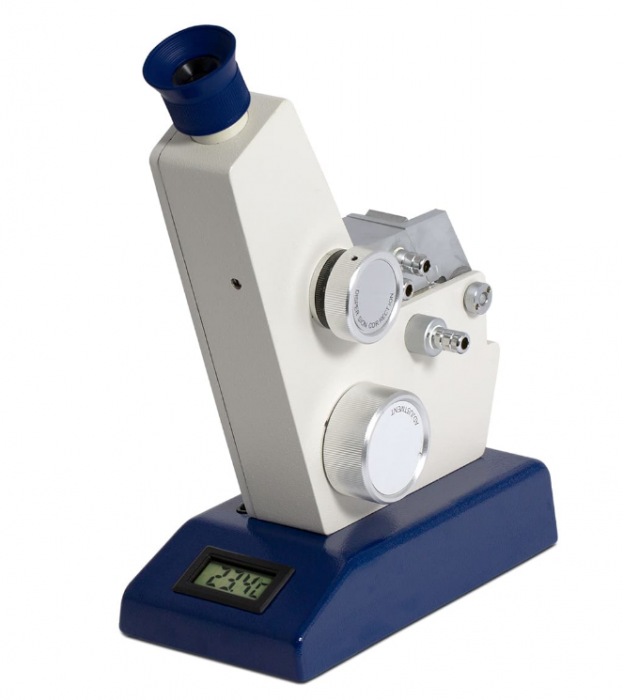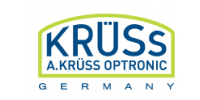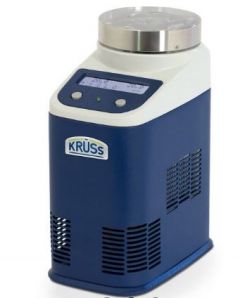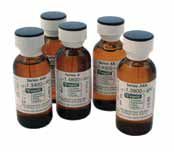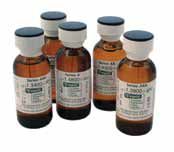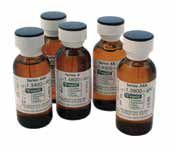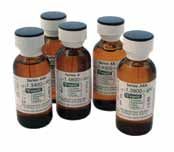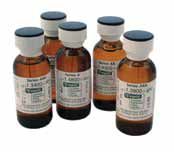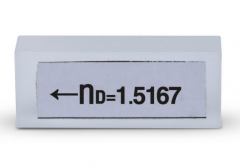- Hoge kwaliteit en uitgebreide service
- Al meer dan 100 jaar een begrip
- Een breed assortiment
Nauwkeurigheid 0.0002 nD 0.1 %Brix
Resolutie 0.0005 nD 0.25 %Brix
Afmetingen (bxdxh) 10.0 x 27.0 x 19.0 cm
Geschikt voor vloeistoffen en transparante vaste stoffen
Gewicht 2,5 kg
Chiller optioneel
| Merk | Krüss |
|---|
Krüss ABBE refractometers
Met de AR4 en de AR2008 heeft A.KRÜSS twee klassieke Abbe refractometers in zijn assortiment. Bij de AR2008 wordt de meting digitaal geëvalueerd en bij de AR4 wordt de meetwaarde afgelezen via het oculair.The AR2008 is a robust unit, ideal for applications in harsh environments. The refractive index or Brix value and temperature is shown on a LCD display, with a serial interface allowing measured values (date and time) to be transferred to a PC or printer. The AR2008 has automatic temperature compensation, and a thermostat connection of prisms and a built-in light source for the measuring prism. The unit comes complete with a glass calibration plate, contact fluid, screwdriver and a dust hood.
The AR4 offers readings via ocular. It has an adjustable scale, temperature controlled prisms, and thermostat connections for prisms.
Krüss Abbe refractometers are easily calibrated and in full compliance with the requirements of ASTM D1218.
How does an Abbe refractometer work?
The Abbe is the grandfather of all modern refractometers, having served for over 140 years since its invention in Germany. It still has a place on the laboratory bench because of its simple reliability and its capacity to analyse the refractive properties of solid samples.
The principle of operation is based on the total reflection of an incident beam at the boundary of the sample and the glass prisms between which it is sandwiched. This necessitates that the sample has a lower refractive index than the prism, so prisms are made of high-index glass. Solid samples are coated with a contact fluid of known properties, while samples such as gemstones with very high refractive index are best examined with a specialist gem refractometer.
Another major advantage of the Abbe refractometer, besides solid samples, is its ability to cope with pastes, coloured, and cloudy samples.

